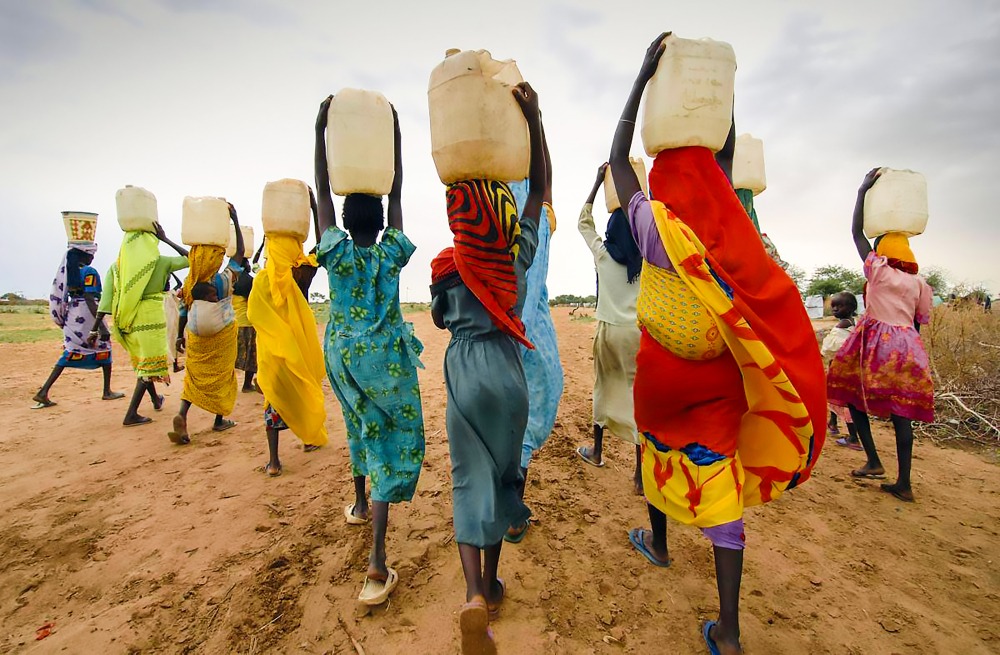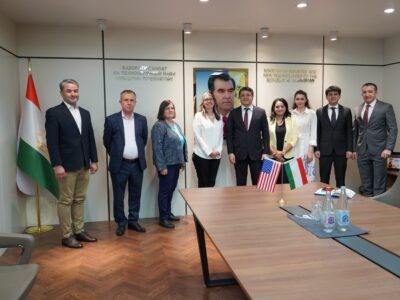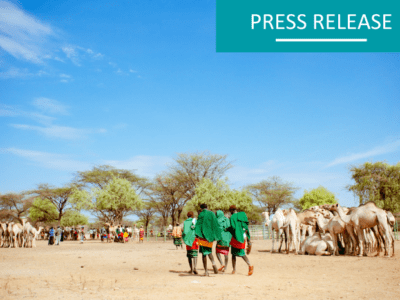
Gender-based violence is often associated with the disproportionate risk that women face globally. In the United States, one in four women experience physical violence or stalking by an intimate partner, compared to one in 10 men. Globally, approximately one in three women have experienced intimate partner violence, non-partner sexual violence, or both at least once in their lifetime (30 percent of women aged 15 and older). COVID has significantly increased rates of gender-based violence, as many of the factors that trigger violence are compounded by the stresses of the pandemic and its preventative confinement measures.
But gender-based violence affects more than just women. Children, gender and sexual minorities, and people with disabilities experience it in great numbers. In fact, 2021 is on track to be the deadliest for transgender and gender nonconforming people in the U.S., with at least 48 individuals killed by violence. In 2020, at least 350 transgender people were killed globally through violence.
Gender-based violence refers to any threat directed at a person based on their perceived biological sex, gender identity or expression, sexual orientation, or deviation from social norms, especially those surrounding masculinity and femininity. In the agricultural sector, the consequences of gender-based violence can impact not only personal lives but also crop productivity, food security, and household incomes. In fact, violence against women costs the world an estimated $1.5 trillion.
Below are three ways we can begin to prevent gender-based violence in the context of global development programs:
1. Engage Men in the Process
Male engagement is a major part of preventing gender-based violence. The systems, social norms, and structural inequalities within a community that inequitably distribute access and control over resources and opportunities, and link masculinity to violence and power, all contribute to the prevalence of gender-based violence. The Program of Alliance for Reconciliation (PAR), funded by USAID and implemented by ACDI/VOCA, focuses on truth telling and peacebuilding in Colombia, a country that has experienced years of violence between the government, guerilla groups, and others. These peacebuilding efforts carry over into preventing gender-based violence, a problem that grew exponentially during lockdowns caused by the COVID-19 pandemic.
By using tools such as DecidoSer, a methodology for providing psychosocial support, PAR is helping change attitudes and behaviors that contribute to this violence. PAR also teamed up with the company Image Quality Outsourcing to expand their hotline for reporting domestic violence to 149 employees and advertising of the hotline to 100 local radio stations, reaching one million listeners.
2. Build Genuine Trust with Communities
In Tanzania, the relationships that formed over time between our staff and local women led to surprising, and disheartening, discoveries. The Feed the Future Tanzania NAFAKA II Activity, funded by USAID and implemented by ACDI/VOCA, aimed to help maize and rice farmers access more mechanized farming equipment. But first, our staff needed to understand how households made decisions around spending and resources. A study revealed that women work an additional two to three hours per day and do 60 percent of domestic care work, compared to the 23 percent completed by men. Participating in the study helped deepen the relationship between the women and our staff, which led to some of the women opening up about experiencing intimate partner abuse.
To provide these women with appropriate support, our staff connected them with local services and worked with local government authorities to create a gender desk at the police station for reporting such abuse. Then, to address the social norms that contributed to risks of violence, our staff began holding trainings to empower local women to take on more challenging roles in society, such as leadership positions within their farm groups, while also safeguarding against the risks by engaging men and community leader support for women’s expanded roles. The project also facilitated discussions with couples on time use and budgeting, which increased their ability to resolve conflicts without violence, share workloads more equitably, and free up women’s time for leadership activities. This resulted in 1,430 groups having women or youth leaders, compared to just 154 at the beginning of the NAFAKA II Activity.
3. Find Ways to Measure and Support
Though a peace agreement has been signed in Colombia, the country now faces a new challenge of integrating a large influx of Venezuelan migrants and returning Colombians. USAID and ACDI/VOCA’s Emergency Response in Arauca II (ERA II) Program provides support in the areas of clean water, environmental health, food security, hygiene, and social cohesion to migrants and returnees living near the border. Because migrants are often living under vulnerable circumstances, violence is a serious threat. The project understood that violence could undermine the overarching goals of the project if unaddressed.
A first step in preventing violence is to measure its prevalence, risk, and type. This allows a project to identify the appropriate form of response to reduce and mitigate violence. ERA II created the Violence-O-Meter, a tool for defining and measuring the scale of violence experienced to allow for a triaged approach of support. Out of 213 households surveyed, 31.5 percent experienced no violence, 31 percent experienced one to three types of violence, and the remainder experienced more than three types of violence. In response to these findings, ERA II offered psychosocial support to individuals and workshops to help build social cohesion and protection.
For more on this topic, explore the United Nations 16 Days of Activism against Gender-Based Violence, taking place November 25 through December 10.






